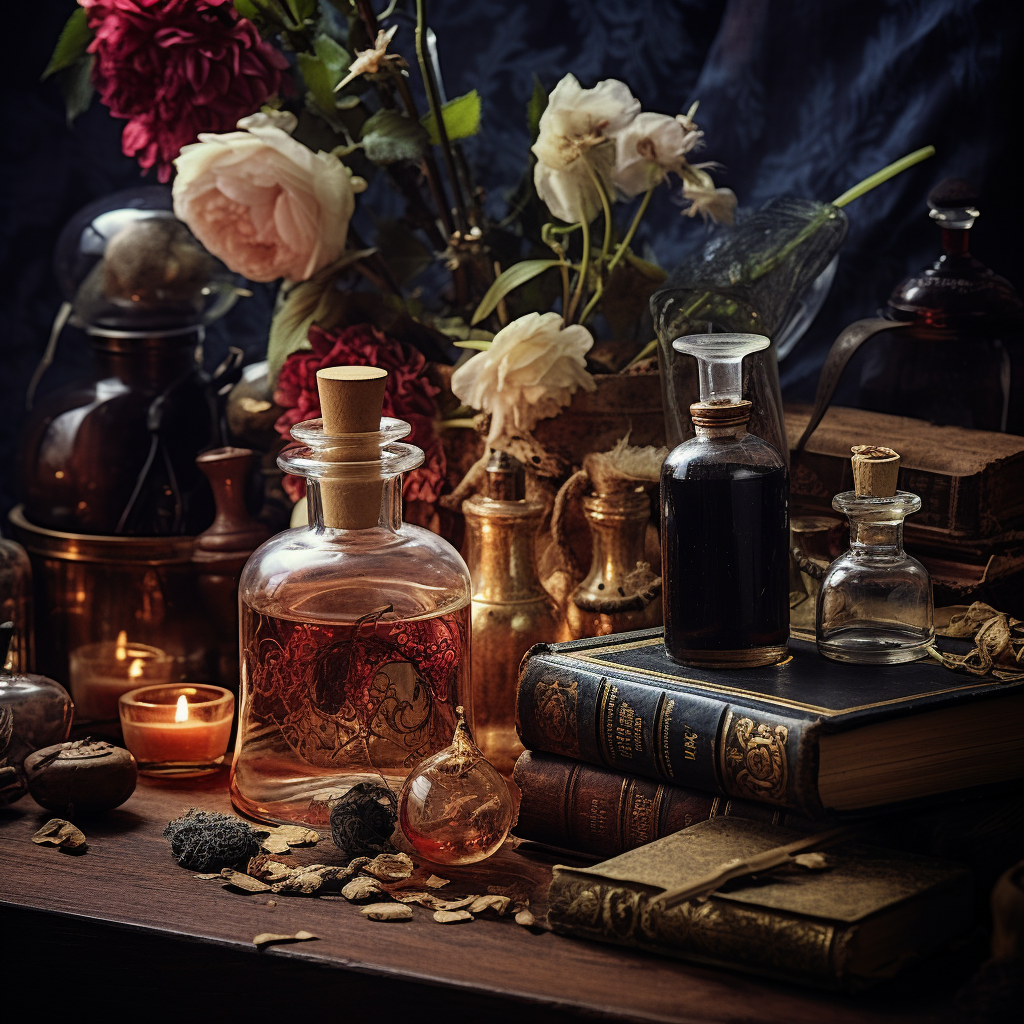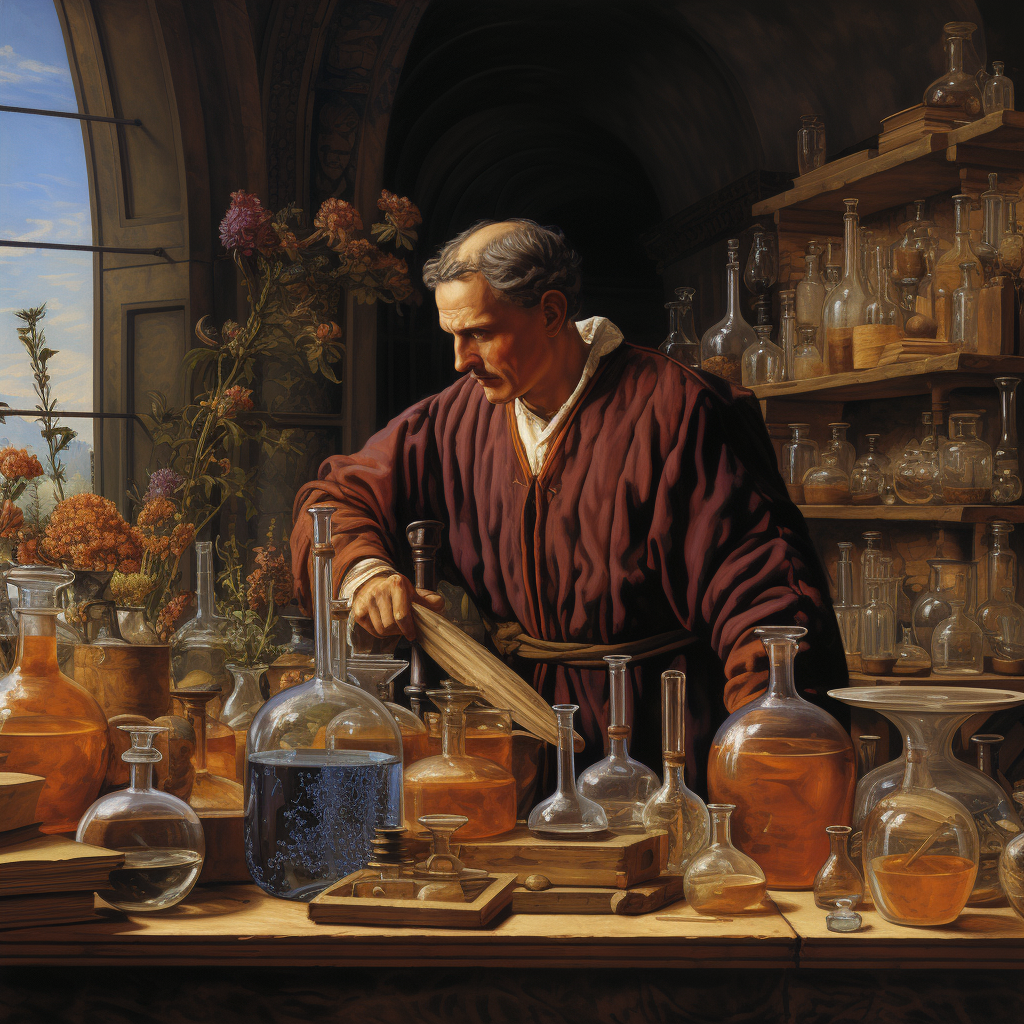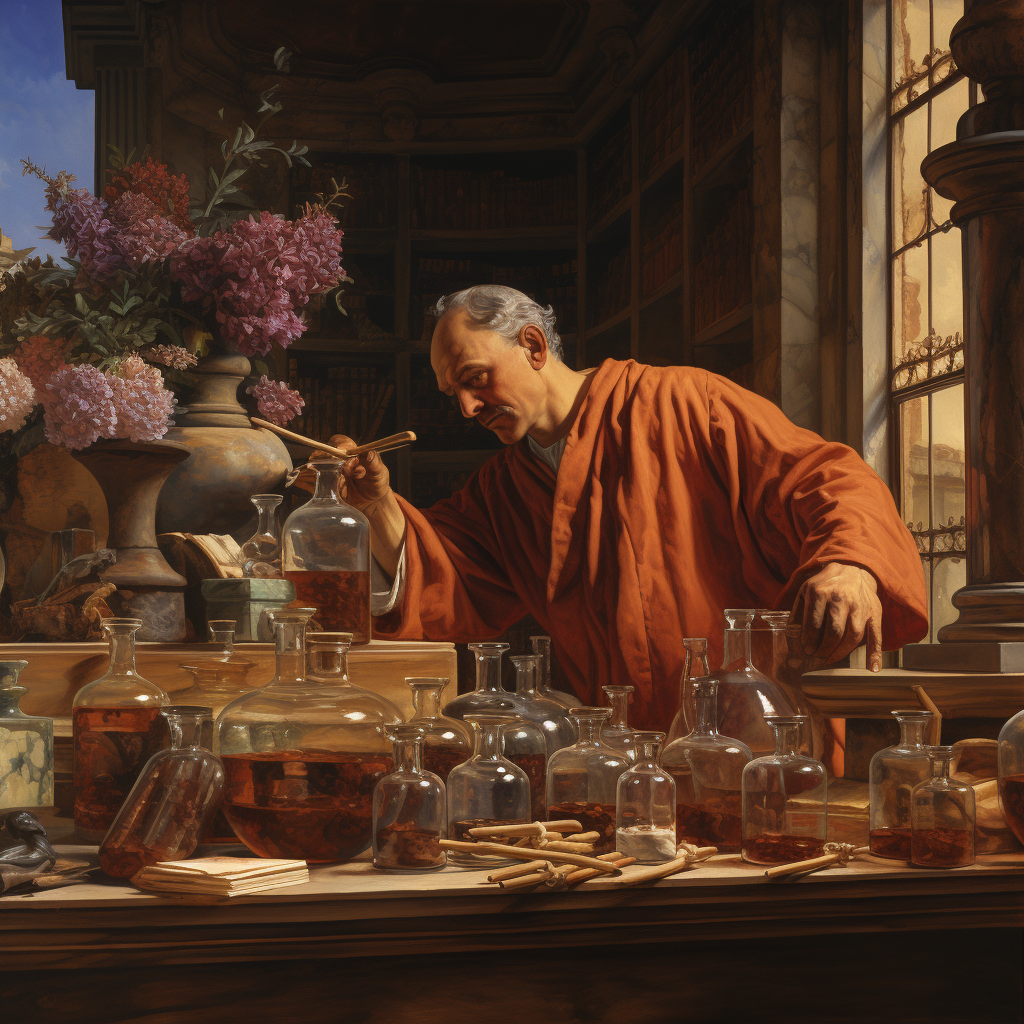
Perfumery Through the Ages: A Fragrant Journey from Antiquity to Modernity



Introduction: Perfumery, an art that transcends time, has played a significant role in human history, from ancient rituals to modern luxury. In this exploration, we embark on a fragrant journey through the ages, unraveling the evolution of perfumery and its cultural significance.
Ancient Origins of Perfumery: Perfumery finds its roots in the cradle of civilization. In ancient Mesopotamia, Egypt, and the Indus Valley, aromatic substances like myrrh, frankincense, and floral oils were revered for their spiritual and medicinal properties. These early perfumes were crafted through simple distillation methods, marking the dawn of a fragrant era.
Perfumery in Classical Antiquity: As civilizations flourished, so did the sophistication of perfumery. Ancient Greece and Rome embraced fragrances, integrating them into daily life and religious ceremonies. Exotic ingredients, such as spices and resins, became sought-after commodities, contributing to the emergence of luxury perfumes.
Medieval Perfumery and the Islamic Golden Age: During the medieval period, the Islamic world became the epicenter of perfumery innovation. Scholars and alchemists refined distillation techniques, paving the way for the production of exquisite scents. Muslim perfumers mastered the art of blending precious oils, creating fragrances that transcended borders.
Renaissance and the Birth of Modern Perfumery: The Renaissance witnessed the revival of perfumery in Europe. Fragrance trade routes were established, and perfumers’ guilds emerged. Perfumes became status symbols, with the elite commissioning bespoke scents. This period laid the groundwork for the fusion of art and commerce in the world of perfumery.
Industrial Revolution and Technological Innovations: The Industrial Revolution heralded a paradigm shift in perfumery. Synthetic fragrances, a product of scientific progress, transformed the industry. The introduction of molecules like aldehydes and ionones expanded the perfumer’s palette, leading to the creation of iconic scents that defined the early 20th century.
Conclusion: The evolution of perfumery mirrors the tapestry of human history. From ancient rituals to modern luxury, fragrances have been woven into the fabric of our cultural narrative. As we savor the perfumes of today, let us remember the artisans and alchemists who paved the scented path through time, leaving an indelible mark on the art of perfumery.
In embracing the past, we honor the intricate craftsmanship and cultural significance that perfumery has bestowed upon us. Each bottle contains not just a fragrance but a story—a story that transcends eras and encapsulates the essence of humanity’s fragrant journey.

